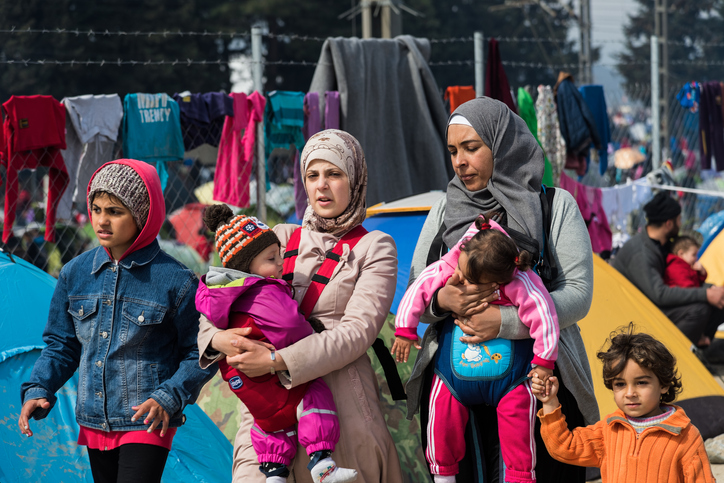
Posted On : Dec 20 2020
The Implications of Palestinian Migration to Europe
The migration of Palestinians to Europe has become a noteworthy phenomenon in recent years, with individuals seeking refuge and better opportunities beyond the confines of their conflict-ridden homeland.

This article delves into the implications of this migration, examining the challenges faced by Palestinian migrants and the potential opportunities for both the migrants and the host countries in Europe.
Challenges Faced by Palestinian Migrants:
Refugee Status and Legal Hurdles:
Many Palestinians migrating to Europe often do so as refugees, fleeing conflict and instability in the Middle East. However, obtaining refugee status and navigating the complex legal processes can be arduous. The lack of a recognized state for Palestinians further complicates their status, making it challenging to secure the necessary legal protections.
Cultural Adjustment:
Cultural adjustment poses a significant challenge for Palestinian migrants as they adapt to a new social and cultural environment. Language barriers, unfamiliar customs, and different societal norms can create feelings of isolation and marginalization, hindering the integration process.
Employment and Economic Integration:
Finding gainful employment is a common challenge for migrants, including Palestinians. Discrimination, lack of recognition of qualifications, and competition in the job market can hinder economic integration. Overcoming these barriers is crucial for the successful integration of Palestinian migrants into European societies.
Psychosocial Impact:
The psychological toll of displacement, particularly for those who have experienced conflict and hardship, cannot be understated. Mental health support and services are essential to help Palestinian migrants cope with trauma and the challenges associated with adapting to a new life in Europe.
Opportunities for Palestinians and Host Countries:
Diversity and Cultural Enrichment:
The migration of Palestinians to Europe contributes to cultural diversity and enrichment. Exposure to different perspectives, traditions, and cuisines fosters a more inclusive and multicultural society. This diversity can lead to a richer tapestry of experiences and perspectives within European communities.
Skills and Contributions:
Palestinians bring a range of skills and talents with them, which can contribute to the economic development of host countries. By recognizing and utilizing the expertise of Palestinian migrants, European nations have the opportunity to benefit from a diverse workforce, fostering innovation and growth.
International Solidarity:
Hosting Palestinian migrants provides an opportunity for European countries to demonstrate international solidarity and contribute to global efforts in addressing refugee crises. By offering a safe haven, European nations can play a role in alleviating the suffering of displaced populations and promoting stability in conflict regions.
Diplomatic Implications:
The presence of Palestinian migrants in Europe can also have diplomatic implications. It may encourage European nations to engage more actively in diplomatic efforts to address the root causes of the conflicts in the Middle East, promoting peace and stability in the region.
The implications of Palestinian migration to Europe are multifaceted, encompassing challenges that require thoughtful solutions and opportunities that can lead to positive contributions. As these individuals seek refuge and opportunities on European shores, the importance of addressing legal, cultural, and economic challenges cannot be overstated. By recognizing and leveraging the potential of Palestinian migrants, Europe has the chance to not only enrich its own societies but also contribute to the broader goals of international solidarity, peace, and stability in the Middle East.
No Comments Added




















